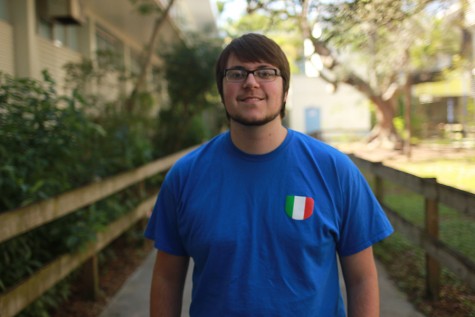Miami Real Estate Fraud Hits International Levels
May 4, 2016
Miami real estate prices have rebounded since 2008 when they plummeted and the American economy headed into the Great Recession. Housing prices in the city have risen 45 percent since 2012, showing that Miami’s real estate has rebounded since the financial crisis. The release of the Panama Papers – which The Panther covered last month – shows that the enormous price gouging occurred in part because of international influence.
Luxury condos in Miami cost more to rent than any other city in America. This mostly lends itself not only to international buyers, but also to wealthy international buyers. Miami has always existed as a tax haven of sorts for people abroad because the city allows for real estate to be bought with cash.
The advantage of using cash over credit or debit is that it completely skips over the bank’s oversight so it becomes much more difficult to keep track of. Many of these individuals use shell companies – due to Mossack Fonseca – based in the British Virgin Islands. The British Virgin Islands does not require the owner to give their identity which makes these sorts of transactions even more difficult to keep track of.
The almost complete anonymity coupled with paying in cash allows for corrupt officials like former Brasilia governor Paulo Octávio to funnel their money (which was mostly obtained through bribes, money laundering and tax evasion) into a tax-free enterprise.
Incredibly wealthy individuals like Octávio buying real estate also results in the property value of condos in Miami raising enormously. The 45 percent increase in housing prices come as a direct result of these so-called investors while simultaneously preventing people who actually want to live in Miami from buying a home. While housing prices increase, wages stay the same. In many cases the value of those wages still fall behind due to inflation of the American dollar.
The practice of purchasing real estate in Miami to avoid having to pay taxes in their home country is illegal and one of the supposed things that Mossack Fonseca claims it vets each client of attempting to do.
Miami real estate specifically has been a target for such practices because Miami has always allowed for transactions paid with cash regardless of how much money is involved. The practice dates back to the 1980’s when wealthy businessmen in Miami would spend exorbitant amount of money on cocaine – paid completely in cash. These “Cocaine cowboys” as they were called back then used similar practices as are being used now.
The release of the Panama Papers shine a light on the problem of real estate fraud in Miami. With 11.5 million documents leaked, it should not come as much of a surprise that more details will come out.







